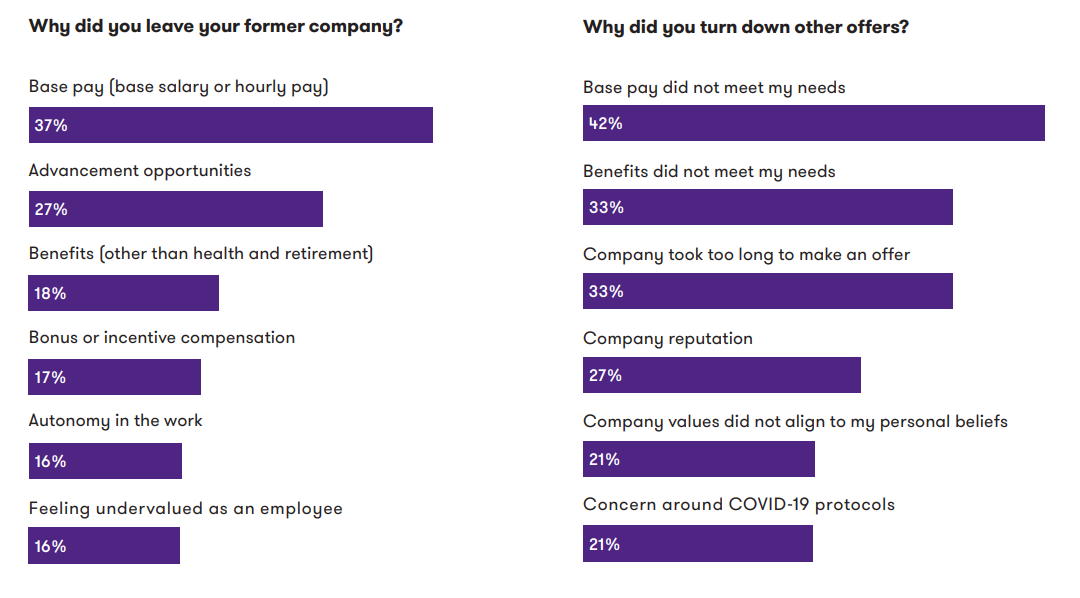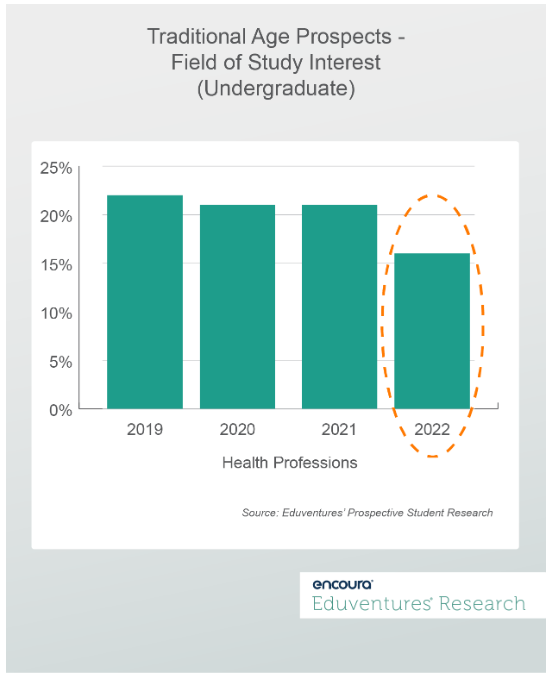Commentary
For those of you who have already started the fall term or are about to do so, I wish you the best. It is always a busy and interesting time of the academic year.
Various groups continue asking AACRAO and NACUBO about using student success and administrative holds. The use of these holds and their impact on access to transcripts and/or class registration continues to be a topic of discussion in higher education
and state legislatures. We hope that this AACRAO and NACUBO joint statement on the use of holds has been, and continues to be, of use to those discussing the issue.
AACRAO Research Update
The next time some of you have a research request from us will be in September when we deploy the Chief Admissions Officer Career Profile Survey for institutions in the United States. In November, we will ask you to respond to your institution's use of
degree audit technology and educational planning technology in a 60-Second Survey. We are currently differentiating the two technologies in the following ways. Degree audit technology is a tool that enables students, advisors, faculty, and others
to measure their progress toward an educational credential. Educational planning technology is a solution that lets students indicate to the institution which classes they intend to enroll in over the course of the next semester or year(s) by semester.
This data can measure class demand and shape the class schedule. We recognize that these solutions can be part of a single solution or two different solutions. We hope to better understand the degree to which degree audit plans are "trusted" as accurate
and to benchmark the use of both solutions.
As we shared in the July blog, it has been some time since we conducted a benchmark on registration practices and have added it to the queue to be completed sometime in 2023.
2022 Benchmark of Undergraduate Class Scheduling
The benchmarking survey, made possible in part by underwriting from Coursedog, closed in mid-August, and we received 340 responses from undergraduate-serving institutions
in the United States. This number is a statistically representative sample. We have just begun to look at the data. The report will be shared via email in early October with everyone signed up to receive AACRAO research. View some initial and undifferentiated data here:
- 76% of undergraduate institutions roll (copy) the current academic year and term class schedule to the next academic year and term as the starting point for developing the class schedule.
- 78% use faculty preference as one factor to shape the class schedule.
- 49% release the class schedule to students "less than one academic term in advance" of the term start.
- 42% report using a class scheduling technology solution.
White Paper: The Modern Registrar - Perceptions from the Field
Modern Campus is sponsoring research on the role of the modern registrar. AACRAO engaged ten members from varying professional backgrounds, serving in various roles and at several different institutional
types, in a 75-minute roundtable discussion in July. An examination of the transcript is in progress by AACRAO at this time. A white paper will follow in early fall and accompany a webinar/panel discussion. But I wanted to pull out this paraphrased
nugget to share with you today: The registrar's position is like the wizard behind the curtain in the Wizard of Oz. We (non-registrars) likely don't know all of what the registrar does or how they do it. At the same time, we also do not fully understand
all the registrar can or could do to support student success and student-centric practice and policy.
A permutation of this concept/theme of the registrar as a potentially untapped resource at some institutions has popped up in comments in other benchmarking work we have completed too. The resulting question is, how do institutions gain this understanding
and engage the registrar this way? We hope this current body of work will help AACRAO and our members understand how to do so.
Current Higher Education Research and Related Topics
A majority of higher education employees feel unheard at work
| A new survey from
Grant Thornton titled "The State of Working America" gives insight into how American workers are feeling at this time. Given the large number of
higher education professionals that have left during the "great resignation," this article gives some key insights on how to retain and recruit. |
 |
Drops in Higher Education Enrollment are a Long-term Issue
A recent article in The Chronicle of Higher Education focused on the long-term decline of higher education enrollment.
The reporting uses data from the "Report on the Condition of Education 2022" from the National Center for Education Statistics. Key points in the article
include:
- The current decline started in 2011, far before the pandemic took place.
- Undergraduate enrollment declines also include a larger drop in male students.
- Community colleges were among the hardest-hit institutions showing steady declines since 2011.
Interest in Health-related Higher Education May be Returning to Pre-pandemic Levels
|
New data on health-related enrollment shows a fluid market potentially rebounding from the pandemic. The enrollment surge during the pandemic appears to be slowing down. Key points include:
- Enrollment in entry-level nursing programs increased in 2021 despite concerns that the pandemic might discourage people from entering the profession.
- Medical schools experienced a record-setting increase in applications in the 2021-22 school year.
- Interest from traditional-age students in health-related fields seems to be declining.
|
 |
Trends in Closings, Mergers, Acquisitions, and Other Higher Education Consolidation
Higher Ed Dive has been tracking consolidation across higher education since 2018; a recent article details some of that consolidation, including a state-by-state tracker.
Trends in Enrollment and Retention
In a new Trendline article,
Higher Ed Dive has focused on enrollment and retention. Several articles include the following topics:
- The enrollment of Black, Latinx, and low-income students at highly selective private colleges.
- How the Pennsylvania University System plans to boost enrollment.
- Preparing students to make them more employable.